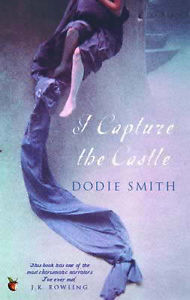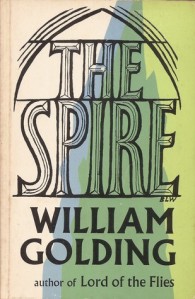The Librarianist
16 July 2023 1 Comment
Author: Patrick deWitt
Summary: Bob Comet is a retired librarian passing his solitary days surrounded by books in a mint-coloured house in Portland, Oregon. One morning on his daily walk he encounters a confused elderly woman lost in a market and returns her to the senior centre that is her home. Hoping to fill the void he’s known since retiring, he begins volunteering at the centre. Here, as a community of strange peers gathers around Bob, and following a happenstance brush with a painful complication from his past, the events of his life and the details of his character are revealed.
Behind Bob Comet’s straight man facade is the story of an unhappy child’s runaway adventure during the last days of the Second World War, of true love won and stolen away, of the purpose and pride found in the librarian’s vocation, and the pleasures of a life lived to the side of the masses. Comet’s experiences are imbued with melancholy but also a bright, sustained comedy; he has a talent for locating bizarre and outsized players to welcome onto the stage of his life.
With his inimitable verve, skewed humour, and compassion for the outcast, Patrick deWitt has written a wide-ranging and ambitious document of the introvert’s condition. The Librarianist celebrates the extraordinary in the so-called ordinary life, and depicts beautifully the turbulence that sometimes exists beneath a surface of serenity.
Rating: ★★★★★ 5/5
Review: I was offered an advanced copy of this book from Bloomsbury and immediately started reading. Every deWitt novel is unique in genre and setting, but consistent in exploring the human condition and I am obsessed. This—this—is how you write character-driven stories.
The story focuses on Bob Comet at various points in his life. As an old man making friends with residents of a care home, as a young man getting married and having his heart broken, as a young boy running away from home and going on an adventure. Bob is a quiet, unassuming man with a simple, straightforward life. Yet still he has a life full of stories.
“Do you know what a vignette is?”
“No.”
“It’s a story that’s too small to be called a story, so you call it a vignette. By pretending you’ve made it small on purpose, you avoid the shame that accompanies culpability.”
My favourite was runaway Bob. Eleven years old, sneaking onto public transport, making friends with an eccentric Thespian couple and their dogs, and learning to play a drum roll. Every character was fun and loveable and I wanted Bob to stay with them, growing up amongst so much life, creativity, and joy. Knowing he didn’t made that section of the story bittersweet.
I struggled most with young, married man Bob. Again, knowing how the story ended made reading it painful. And it hurt because the connection and relationships Bob has with Ethan and Connie were clearly so genuine and deep, and we’re seeing those develop while also seeing the pieces of how it all falls apart slip into place. It was exquisite storytelling that broke my own heart along with Bob’s.
What brings the story—Bob’s life—together, though, is the present day sections that bookend the others. The lessons learnt in his life, how they brought him to where he is now, gave him the ability to embrace the people and the opportunities crossing his path. How to let himself be happy.
Every person we meet, even the ones that only appear briefly and have only a few lines, have an immense amount of character. Everyone feels so unapologetically themselves, and I just flipping adore that so much. I feel it’s what deWitt truly excels at, and the thing that makes me want to live inside one of his books.
There were a couple of moments in the book that literally brought me to tears. A couple more that made me gasp in shock. But overwhelmingly this book made me laugh. I laughed so much, out loud, and without shame. Undoubtedly, the biggest laugh I had came at the very end of the book, leaving me cackling with joy and cementing the five stars I gave it.
























